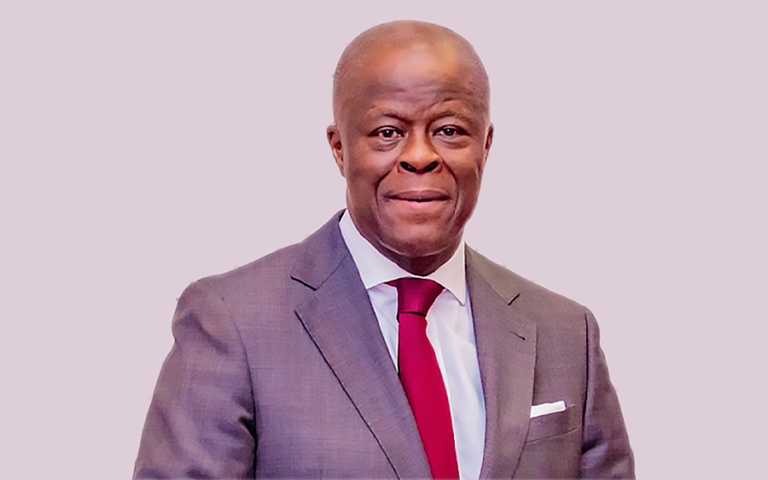Nigeria’s Minister of Finance and Coordinating Minister of the Economy, Wale Edun, is heading the country’s delegation to the 2025 International Monetary Fund (IMF) Spring Meetings, taking place from April 21 to April 26 in Washington, D.C.
The annual event gathers representatives from over 190 countries, including finance ministers, central bank governors, financial institutions, and economic policy leaders, to tackle some of the world’s most pressing financial challenges.
Nigeria’s Strategic Presence on the Global Stage
Nigeria’s delegation comprises high-ranking officials from the Central Bank of Nigeria (CBN), CEOs of financial institutions, private sector leaders, civil society advocates, and NGO representatives—highlighting the country’s strong commitment to global economic dialogue and stability.
Their mission: engage in high-level policy conversations and forge collaborations that will help navigate financial volatility, enhance trade resilience, and support inclusive economic growth.
Key Topics: Trade Tensions, Economic Resilience, and Development Reform
A dominant theme this year is the global impact of President Donald Trump’s renewed import tariffs following his return to office in January 2025. These policies have disrupted trade flows and created uncertainty in global markets—issues Nigeria and other nations are keen to address.
Delegates will also discuss:
-
Trade partnership strategies to mitigate tariff impacts
-
Building resilient economies to withstand financial shocks
-
Sustainable development financing and poverty reduction
Core Sessions and Reports to Watch
The meetings will feature several critical sessions:
-
Global Economic Analysis – Providing insights into emerging trends and necessary policy responses
-
Bilateral Consultations – Promoting direct negotiations between countries for economic cooperation
-
Poverty Eradication Dialogues – Evaluating programs aimed at reducing global inequality
Two key reports will also be released:
-
The World Economic Outlook – Offering projections on global economic growth
-
The Global Financial Stability Report – Assessing financial risks in the international system
Reforming Global Finance: A Focus on Developing Nations
Another focal point will be reforming the global financial architecture to better support developing economies. Structural improvements and innovative funding models will be proposed to improve access to development capital.
Additionally, the meetings will explore the economic implications of climate change, urging nations to align environmental sustainability with economic policy planning.
Nigeria’s Goal: Stability, Reform, and Resilience
Nigeria’s presence at the Spring Meetings signals a proactive approach to shaping financial regulations, securing trade opportunities, and strengthening economic governance.
As global uncertainties rise, the country aims to champion policies that enhance resilience, encourage sustainable growth, and secure a better financial future for its people.

